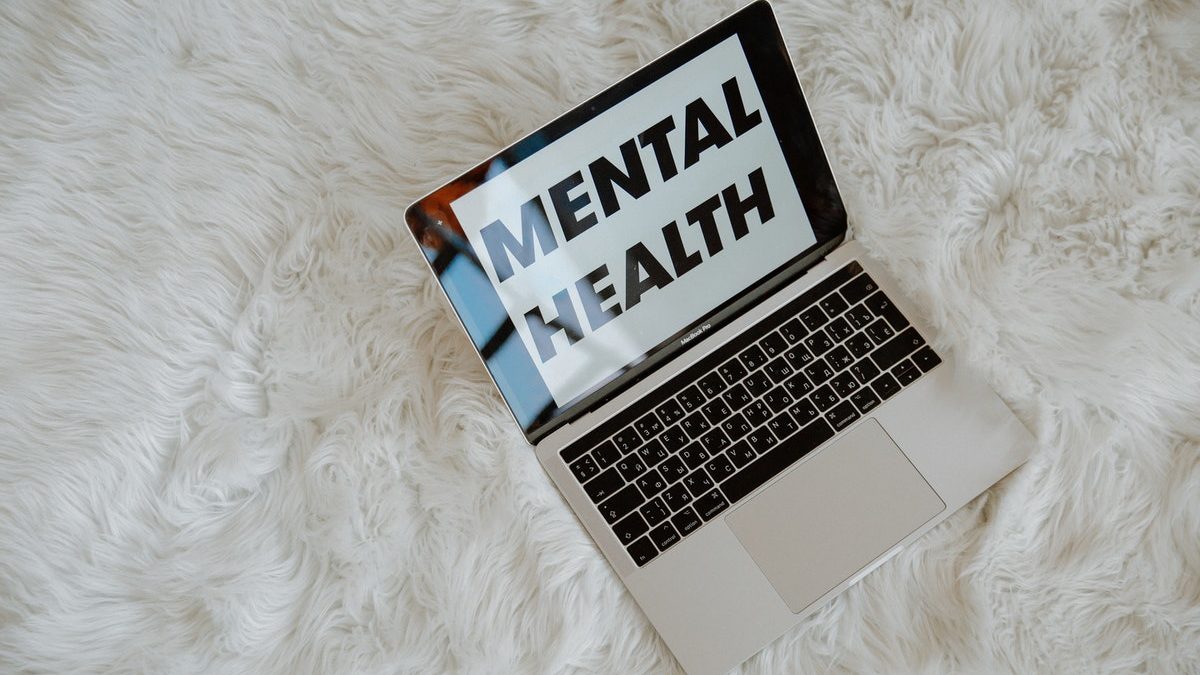
The silent killer is hypertension, a chronic disease that causes damage to the heart and arteries. It affects about 30% of Americans, and kills about 60,000 people per year.
About 20 percent of Americans are unaware that they have hypertension. They don’t know that hypertension can lead to eye diseases, kidney disease and strokes, as well as heart attacks, heart failure, and even heart attacks. You can only find out if you are hypertensive by having your blood pressure checked by a doctor.
Hypertension (HTN), caused by the constant flow of blood pushing against the walls, continues to damage the heart and cardiovascular system. A heart attack can be caused by damaged arteries in the heart muscle.
A stroke can also be caused by damaged arteries supplying blood to the brain. The damaged arteries that provide blood to the kidneys can also cause kidney damage.
Symptoms Of Hypertension
Most hypertensive individuals do not experience any symptoms, and they are unaware that they suffer from it. Checking your blood pressure is important, especially if a family member is hypertensive.
Hypertension extreme (HTN) can manifest as the following symptoms.
- Headache
- Dizziness
- Flushing
- Eye problems
- Fatigue or confusion
- Chest pain
- Difficulty in breathing
- Heartbeat irregularities
- Nosebleeds
- Blood in urine
- The chest, neck or ears may pound.
These symptoms need immediate medical attention. Some hypertensive people may not experience symptoms, but waiting for them to manifest could be harmful to your health.
Some Risk Factors
Hypertension is a condition that has many risk factors.
Smoking
Smoking and using tobacco can cause damage to the linings of blood vessel walls and result in an increase in blood pressure. The arteries are narrowed, increasing the risk of heart disease. Smoking secondhand also increases the risk of heart disease.
Drinking Alcohol
Studies have shown that moderate or heavy alcohol consumption can increase blood pressure. Alcohol consumption can damage the heart.
Stress
When we are emotionally stressed by a difficult situation, our bodies will respond by releasing stress hormones such as cortisol or adrenaline in the bloodstream. These hormones cause the heartbeat to increase and the blood vessels will constrict, allowing more blood to reach the core instead of the extremities. This will temporarily increase your blood pressure.
Pregnancy
Hypertension can occur during pregnancy. However, after the birth of the child, blood pressure returns to normal. Hypertension in pregnancy increases the risk of the disorder developing later in life.
Some Medical Conditions
Hypertension is a serious problem for people with certain medical conditions, such as diabetes, kidney disease and sleep apnea.
Exercise
Sedentary lifestyle Heart rates are higher in people who do not exercise.
The heart will work harder if the heartbeat is higher. This means that the blood flow to the arteries will be stronger. A lack of physical activity can also lead to obesity or overweight, which is another serious health problem.
Overweight or Obese
The more weight a person has, the greater the amount of blood required to provide nutrients and oxygen to the tissues in the body. The pressure on your artery walls increases as the blood volume that circulates in your blood vessels grows. This will eventually lead to hypertension.
Potassium Deficiency
Potassium balances sodium in cells. Low potassium levels can increase blood pressure because of the sodium concentration in the blood. Potassium is important in lowering blood-pressure by relaxing blood vessels.
Salty Diet
A high salt intake will increase the sodium levels in the bloodstream, causing water to be retained in the body. The increase in blood volume will lead to an increase in heart rate and blood pressure.
Family History
Hypertension is a family trait. People with a family history are more likely to survive than those without. Hypertensive parents have a high chance of developing hypertension, especially if both are affected.
Age
Hypertension is more likely to occur as a person ages. This is due to structural changes within the arteries that decrease the diastolic and increase the systolic blood pressure.
Children are at risk of developing hypertension, too. Children with medical conditions such as kidney or heart disease are at risk for developing hypertension. Hypertension is a result of poor lifestyle habits, such as obesity, unhealthy eating, and lack exercise, in children.
Complications of Hypertension
Hypertension, as we have said, can damage blood vessels and organs such as the heart, brain, or kidney. The more damage is done by hypertension, the longer it goes untreated.
Uncontrolled or untreated hypertension can lead to a number of complications.
Heart failure
Hypertension can cause blood vessel blockage and narrowing, which increases the risk of developing heart failure.
Heart Attack or Stroke
Atherosclerosis is the result of hypertension, which causes the arteries to thicken and harden. This can lead to a heart attack, stroke or other serious complications.
Aneurysm
Hypertension can cause the blood vessels to weaken, causing them to bulge out and form an aneurysm. An aneurysm rupture can be fatal.
Dementia
Uncontrolled hypertension during midlife has been shown to be a major factor in dementia development, especially the vascular form. This type of dementia occurs when the arteries are blocked or narrowed, limiting the blood supply to the brain.
Forgetfulness or Memory Loss
Hypertension uncontrolled (HTN) can affect the memory and understanding of a person over time. This is because the blood flow to certain parts of the mind is reduced or stopped.
Do not fall victim to the “silent killer” and keep yourself healthy. Regularly check your blood pressure.







